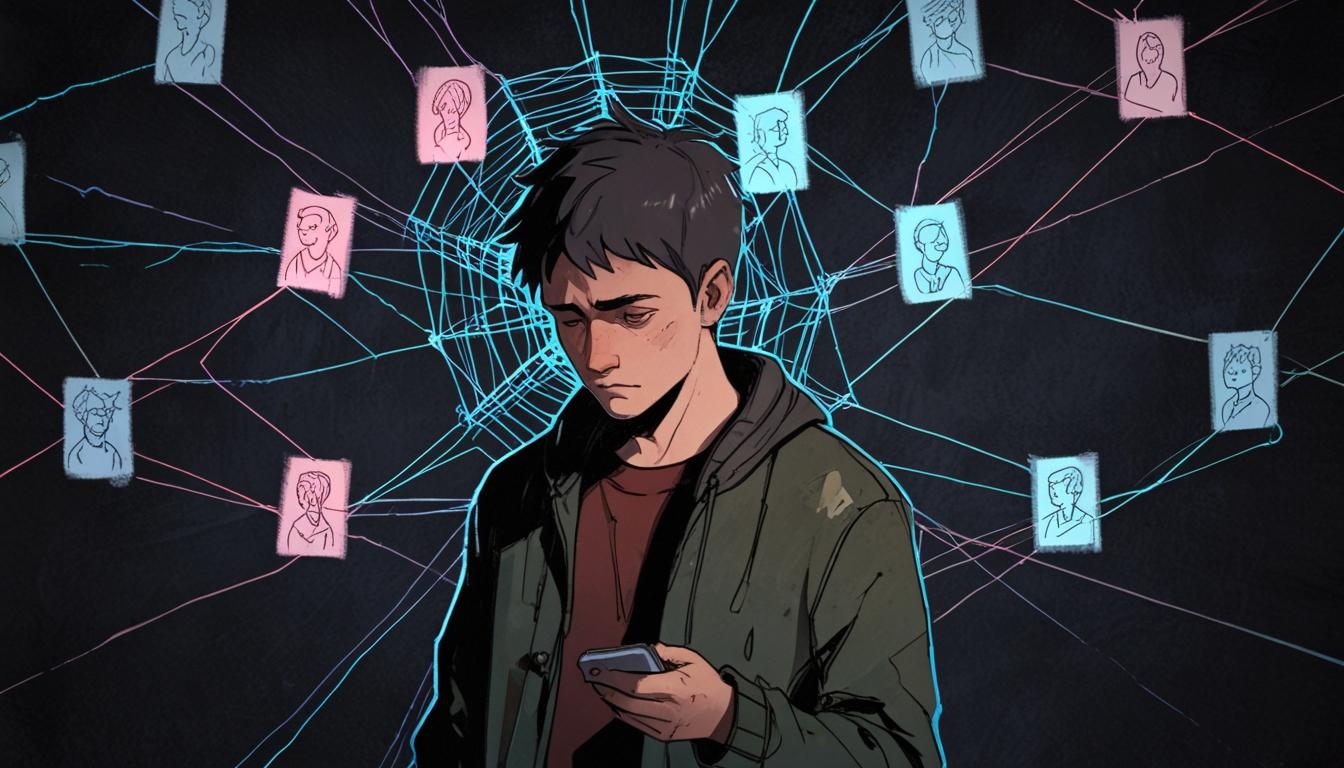The critically acclaimed Netflix drama Adolescence has brought significant attention to the incel phenomenon, or “involuntary celibacy,” a predominantly male online subculture that struggles to find romantic or sexual partners. This community often defines its identity through the lens of perceived unattractiveness, leading to a cycle of frustration and isolation.
A recent study from McGill University dives deep into this subculture, analysing over 1,200 online comments from incel forums to shed light on their attitudes towards employment. The findings suggest that while many incels face significant mental health challenges that hinder their ability to work, a notable segment actively embraces unemployment as part of their identity. The researchers found that some participants believe lack of a female partner renders work meaningless. This notion is further propagated within these forums, where members often assess each other's commitment to the incel identity based on their employment status.
Eran Shor, a sociologist involved in the study, noted that forum discussions often glorify NEET status—“Not in Employment, Education, or Training”—as a mark of authenticity among incels. Those aiming to improve their situations through work or study are frequently dismissed as "fakecels," reinforcing a culture that not only normalises unemployment but also stifles the desire to change. Shor emphasises the importance of understanding how these beliefs are formed, positing that to assist these individuals effectively, society must address the deeper alienation and distress characteristic of many incels.
This rejection of employment is tied not just to a culture of contempt for traditional success metrics, but also to pervasive issues of mental health. Other studies, including those highlighting the life satisfaction levels of incels, illustrate a stark reality: many experience elevated loneliness and mental health issues compared to their non-incel counterparts. Reluctance to seek mental health support—often due to mistrust of professionals and perceived stigma—compounds their struggles. The need for tailored mental health interventions has never been clearer, as advocates call for resources specifically designed to meet the needs of this vulnerable population.
Initiatives aimed at addressing the root causes of incel ideology are emerging, such as Arizona State University’s Kindness Empowers Youth (K.E.Y.) programme. This initiative targets younger individuals, fostering emotional intelligence and self-worth, thereby reducing the likelihood of developing harmful beliefs associated with the incel community. By shifting the focus to early intervention, there is optimism that such programs can mitigate the factors that lead to incel identification.
The complexities surrounding incel identity extend into broader discussions of masculinity and societal expectations. Long-term change, experts argue, necessitates a shift in cultural narratives. Rather than ostracising incels or resorting to punitive measures, a more constructive approach would involve creating pathways for reintegration into society. This may include employment training, educational initiatives, and community-building efforts that encourage personal growth rather than isolation.
In conclusion, the intersection of mental health and incel culture presents significant challenges. Addressing these issues requires a multi-faceted strategy that engages with the psychological and social dimensions of the incel experience. By fostering environments of support and understanding, society may begin to alleviate the sense of alienation felt by these individuals and help them forge more fulfilling lives.
Reference Map
- Paragraph 1: 1
- Paragraph 2: 1
- Paragraph 3: 1, 2
- Paragraph 4: 2, 4
- Paragraph 5: 3
- Paragraph 6: 5, 7
- Conclusion: 6
Source: Noah Wire Services
